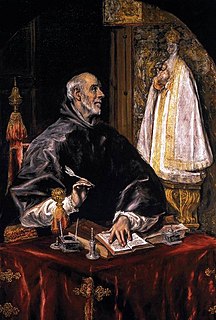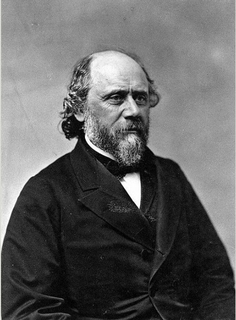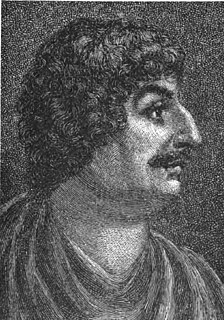A Quote by William Shakespeare
O, grief hath changed me since you saw me last, And careful hours with Time's deformed hand Have written strange defeatures in my face. But tell me yet, dost thou not know my voice?
Related Quotes
Why dost thou shrink from my approach, O Man? Why dost thou ever flee in fear, and cling To my false rival, Life? I do but bring Thee rest and calm. Then wherefore dost thou ban And curse me? Since the forming of God's plan I have not hurt or harmed a mortal thing, I have bestowed sweet balm for every sting, And peace eternal for earth's stormy span.
I loved you!” he yelled. He jumped up out of his chair so quickly I never saw it coming. “I loved you, and you destroyed me. You took my heart and ripped it up. You might as well have staked me!” The change in his features also caught me by surprise. His voice filled the room. So much grief, so much anger. So unlike the usual Adrian. He strode toward me, hand clasped over his chest. “I. Loved. You. And you used me the whole time.
Why dost thou heap up wealth, which thou must quit,
Or what is worse, be left by it?
Why dost thou load thyself when thou 'rt to fly,
Oh, man! ordain'd to die?
Why dost thou build up stately rooms on high,
Thou who art under ground to lie?
Thou sow'st and plantest, but no fruit must see,
For death, alas! is reaping thee.
Is it thy will, thy image should keep open My heavy eyelids to the weary night? Dost thou desire my slumbers should be broken, While shadows like to thee do mock my sight? Is it thy spirit that thou send'st from thee So far from home into my deeds to pry, To find out shames and idle hours in me, The scope and tenor of thy jealousy? O, no! thy love, though much, is not so great: It is my love that keeps mine eye awake: Mine own true love that doth my rest defeat, To play the watchman ever for thy sake: For thee watch I, whilst thou dost wake elsewhere, From me far off, with others all too near.
Behold, O Lord, that I am indignant with myself, for my senseless, profitless, hurtful, perilous passions; that I loathe myself, for these inordinate, unseemly, deformed, false, shameful, disgraceful passions; that my confusion is daily before me, and the shame of my face hath covered me. Alas! woe, woe! O me, how long?
Thou O Spirit, that dost prefer Before all Temples th' upright heart and pure, Instruct me, for Thou know'st; Thou from the first Wast present, and with mighty wings outspread Dove-like satst brooding on the vast Abyss And mad'st it pregnant: What is in me dark Illumine, what is low raise and support; That to the heighth of this great Argument I may assert Eternal Providence, And justify the ways of God to men.
O vanity, how little is thy force acknowledged or thy operations discerned! How wantonly dost thou deceive mankind under different disguises! Sometimes thou dost wear the face of pity; sometimes of generosity; nay, thou hast the assurance to put on those glorious ornaments which belong only to heroic virtue.
It was Buckley, as my father and sister joined the group and listened to Grandma Lynn’s countless toasts, who saw me. He saw me standing under the rustic colonial clock and stared. He was drinking champagne. There were strings coming out from all around me, reaching out, waving in the air. Someone passed him a brownie. He held it in his hand but did not eat. He saw my shape and face, which had not changed-the hair still parted down the middle, the chest still flat and hips undeveloped-and wanted to call out my name. It was only a moment, and then I was gone.





































